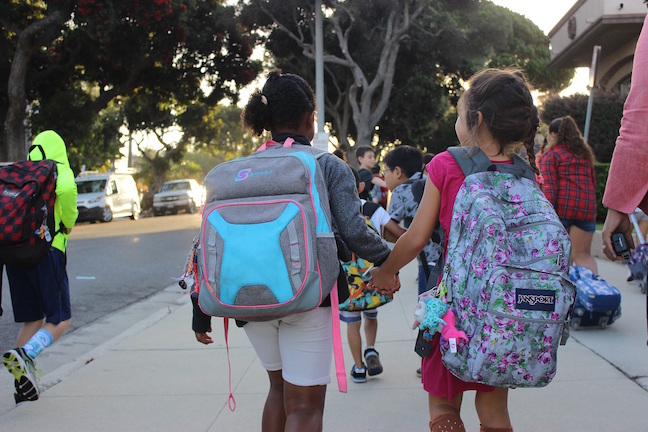Social inclusion is the act of making all groups of people within a society feel valued and important. With 41% of Beach Cities 7th graders reporting experiencing harassment or bullying in the past 30 days, there is work to be done to increase inclusion at school, at home and in the community at large. Here are some tips to create a culture of inclusion in your family.
LEAD BY EXAMPLE.
Adopt the “see something, say something” mantra into family conversations. If your child is a witness to injustice or intolerance to others, encourage them to say something to someone. Be aware of how your own biases may be impacting your children.
OPEN THE DISCUSSION.
When you hear about a discriminatory event at school or in the news, talk to your children about it. Model openness to new ideas and questions your child will bring into the discussion. Help your child understand that knowledge is often acquired through conversation and collaboration among differing points of view.
PROVIDE EXPERIENCES.
Provide access to a wide range of learning opportunities, activities, settings and environments for your child. Exposure to different experiences can help foster empathy and compassion in children.
HELP SELF-REGULATE
Provide children with the support they need to develop self-regulation skills. Acknowledge, rather than dismiss, children’s negative feelings and engage them in conversation about the causes and effects of emotions.
ENCOURAGE INCLUSION
Teach your child to scan the room (or field) to look for someone who might need a friend. Practice ways to invite a new kid into the group or ask others to join a game. When kids practice these skills at home, they are better able to use them out in the world.
PROMOTE PROBLEM-SOLVING
Help your kids problem solve different situations. For example, “How would you want people to react if you were in that situation?” “How would you like to be treated if you were the new girl?” or “If you were being teased, what would you want your friends to do to help?”
For parenting resources and more information, visit bchd.org/familiesconnected.




